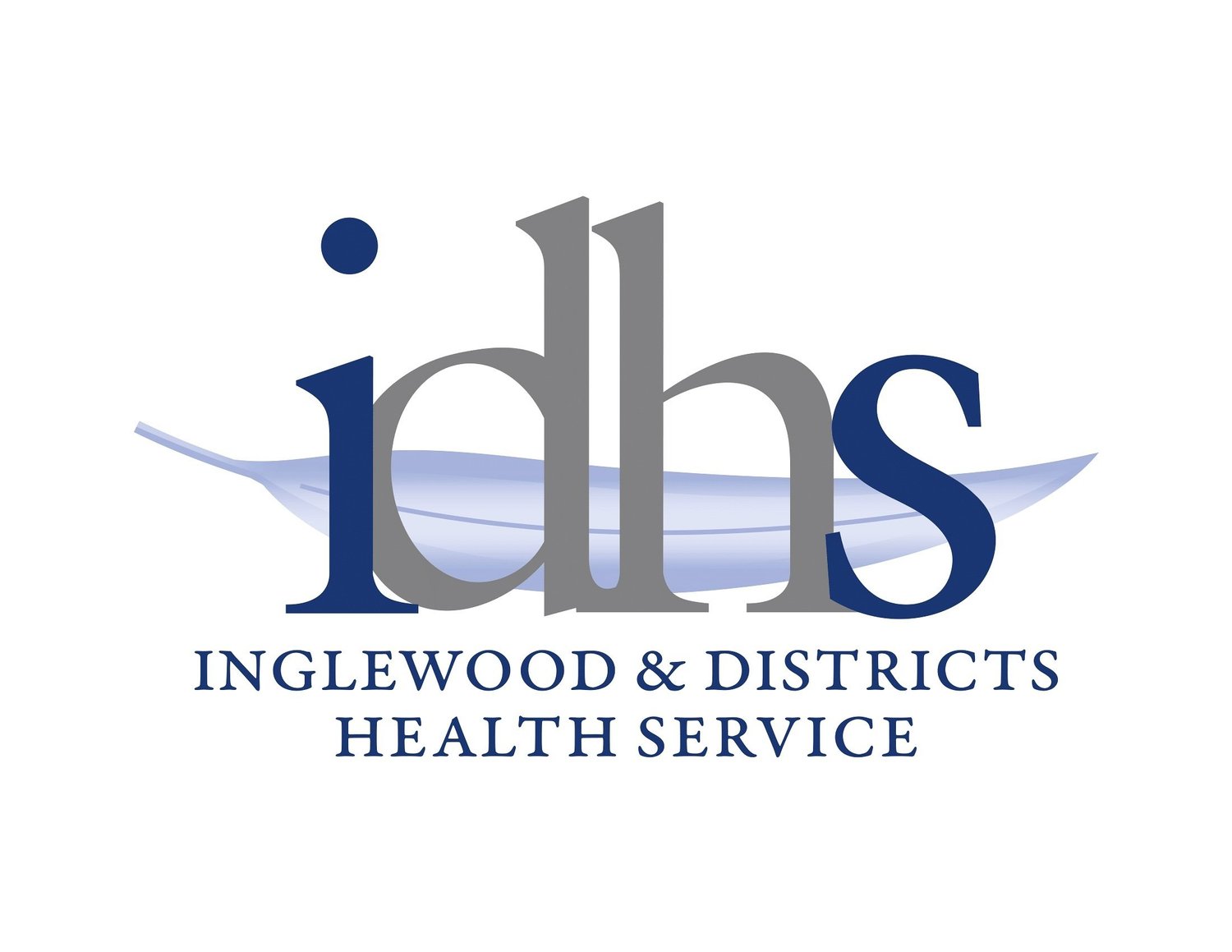Primary Health Services
Inglewood and District Health Service offers the following primary health services:
(Please drop down for further details)
-
Occupational therapists use a whole-person perspective to work with individuals, groups and communities to achieve optimal health and well-being through participation in the occupations of life. The term ‘occupation’ describes all the everyday things we do in our life roles, but also the things we do to be who we are, the things we do to create a meaningful life and engage with broader society and culture. Occupational Therapy’s primary aim is to enable independence in all aspects of daily life, such as showering & bathing, dressing & grooming, eating & drinking, toileting, seating, bed transfers and social, leisure and community activities.
-
Physiotherapists are trained to assess your condition, diagnose the problem, and help you understand what’s wrong. Your treatment plan will consider your lifestyle, activities and general health. Physiotherapists provide assessment, manual therapies, exercise programs and other techniques to treat various conditions and help manage and prevent disease and falls. A physiotherapist will work with you to help you recover from post-surgery, post-fracture, fall prevention, general deconditioning and a range of neurological conditions.
-
Item dDietitians treat a range of health conditions. They understand how nutrition affects the body and will give you expert nutrition and dietary advice. Dietitians provide personal support to help you improve your health and well-being. Dietitians understand how nutrition affects the body and use this knowledge when treating you. Using the latest scientific information, dietitians partner with you to develop a personal plan to meet your needs.escription
-
Accredited Exercise Physiologists are university-qualified allied health professionals with the knowledge, skills and competencies to design, deliver and evaluate safe and effective exercise interventions for people with acute, sub-acute or chronic medical conditions, injuries or disabilities. This includes cardiovascular, metabolic, neurological, musculoskeletal, cancers, kidney, respiratory/pulmonary and mental health, and any other conditions for which there is evidence that exercise can improve outcomes.
-
Speech pathologists study, diagnose and treat communication disorders, including difficulties with speaking, listening, understanding language, reading, writing, social skills, stuttering and using voice. Speech pathologists help you communicate when you have trouble eating and drinking. Speech Pathology at IDHS is provided in partnership with the Royal Flying Doctor Service and only for paediatric clients.
-
AOD Counselling supports positive behavioral change in people through providing evidence-based therapeutic individual, group and family counselling interventions. A registered nurse with additional training provides AOD counselling with special additional training to help you manage your recovery from addictive substances.
-
Mental health nurses primarily work with people who have a mental illness. Mental health, physical health, and other aspects of life can all affect each other. So, mental health nurses work with people to help them manage their lives. They may also assist someone in managing or recovering from a physical illness.
-
Youth mental health counselling is available for children under 14 and is provided by an Accredited Mental Health Social Worker.
-
Social workers have a range of skills, including brief interpersonal counselling, advocacy for consumers who require assistance navigating systems supports - such as Centrelink, legal, aged care resources and housing – and navigating life transitions.
-
Fully qualified personal trainers run Strength Training every week, consisting of various muscle-strengthening exercises. Each participant begins with a health questionnaire and a basic gym program. As you progress, so does your program. Strength Training is a great way to keep your body strong & healthy. Older adults, in particular, can significantly reap the benefits of strength training, include:
• Improved muscle strength & tone
• Weight management
• Prevention & control of health conditions such as diabetes, heart disease & arthritis
• Improved mobility, balance & posture
• Decreased risk of injury
• Improved sleep patterns
How to refer
Please send referrals to:
Email: referrals@idhs.vic.gov.au
Fax: (03) 5431 7004
In-person to the front reception
Self-Referral
Please click here to obtain a self-referral form. This form can be printed and completed before sending to our referral email, fax or delivered to Inglewood Hospital front reception.
Copies are available at Inglewood Hospital front reception if you do not have a printer.
Fees
Many programs are free.
Some programs attract a small co-payment assessed against your income. This is collected by self-income declaration on admission to our services.
If you have any concerns about the cost of your care, please call (03) 5431 7000 to discuss, and we would be happy to discuss further.
Failure to Attend and Cancellation Policy
We understand that things happen and life gets busy, but to help IDHS manage our waiting lists and to keep your care consistent, we require more than 24 hours' notice if you cannot attend an appointment. Your circumstances will always be considered, but when people do not attend their appointments, it can delay your care and the care of those on the waiting list.
We offer free SMS reminders about all appointments. If you are not receiving them and you would like to, please speak with reception or your therapist.
Initial Needs Identification
Once we receive your referral, one of our intake workers may contact you to ask additional questions regarding your health. This is to help identify if there are any other services (either here at IDHS or another provider) that you may benefit from. This is a free service and is completed via telephone.
